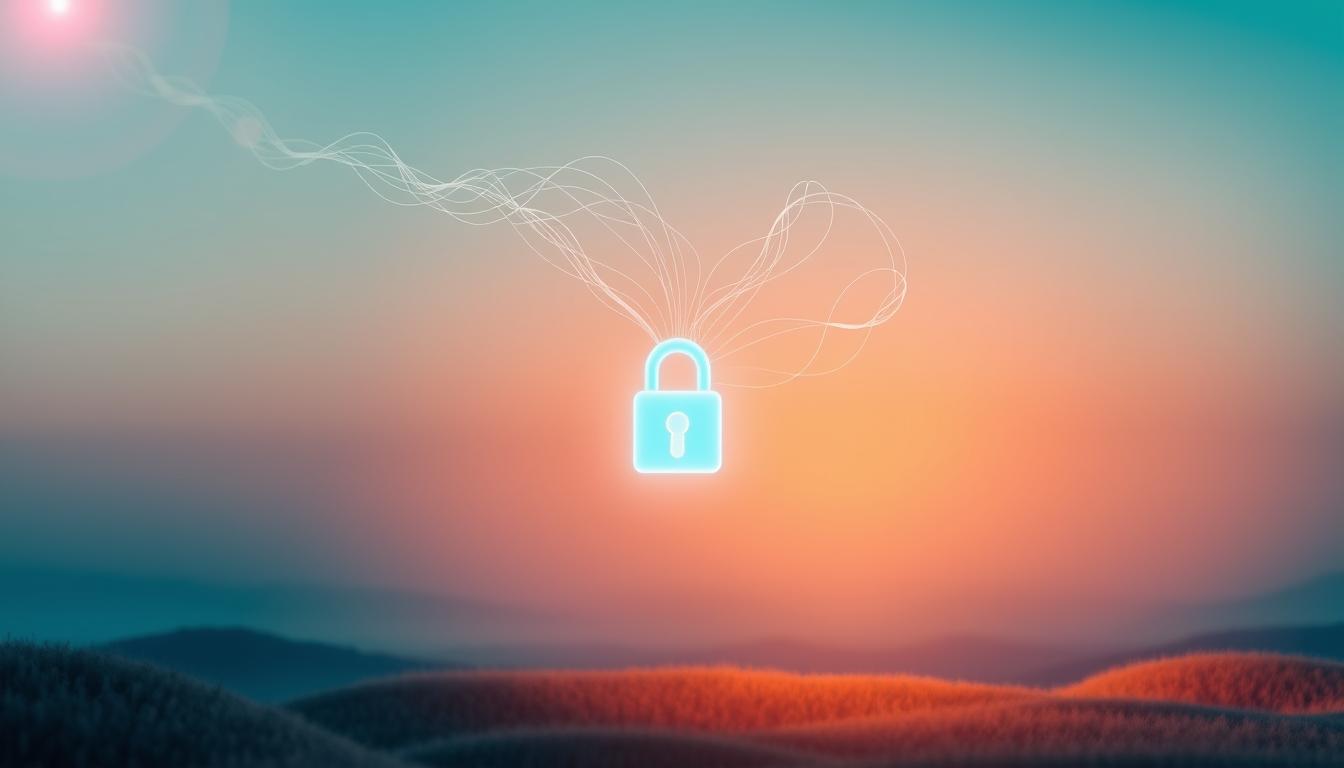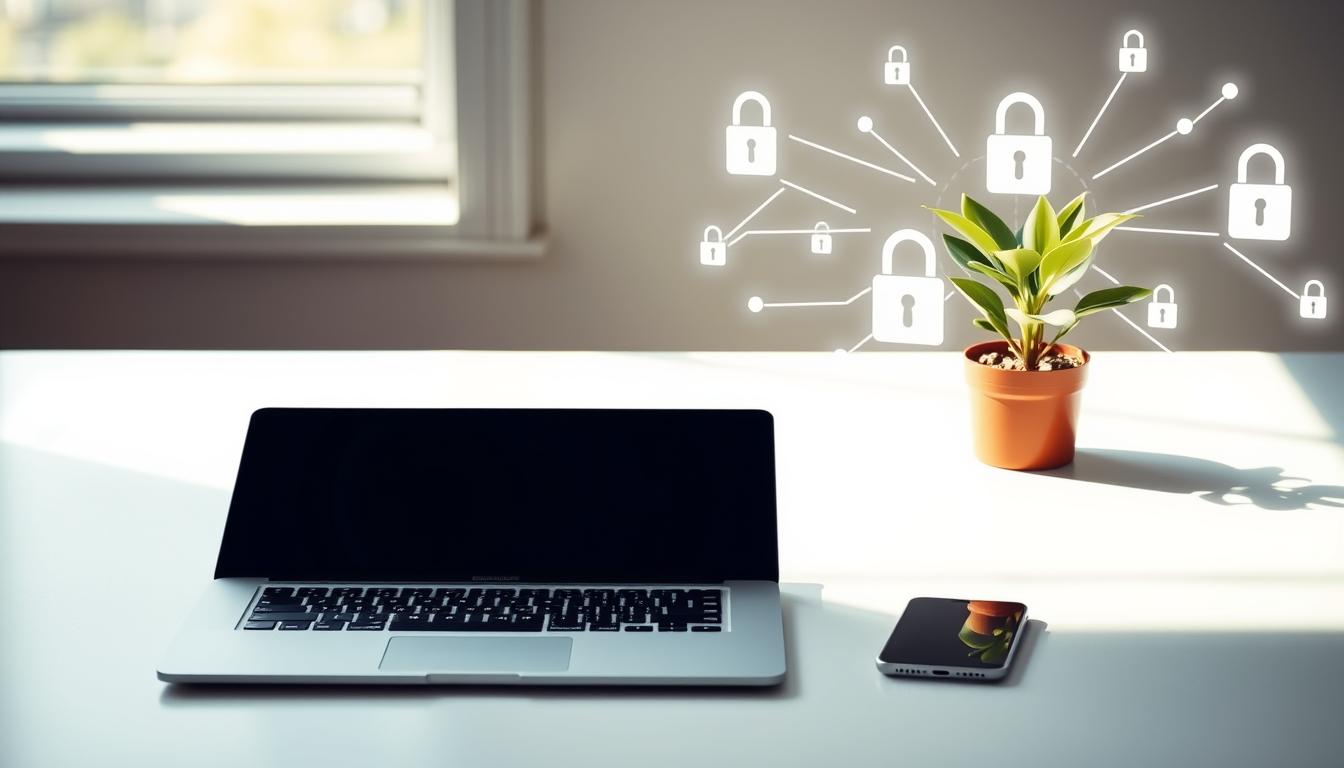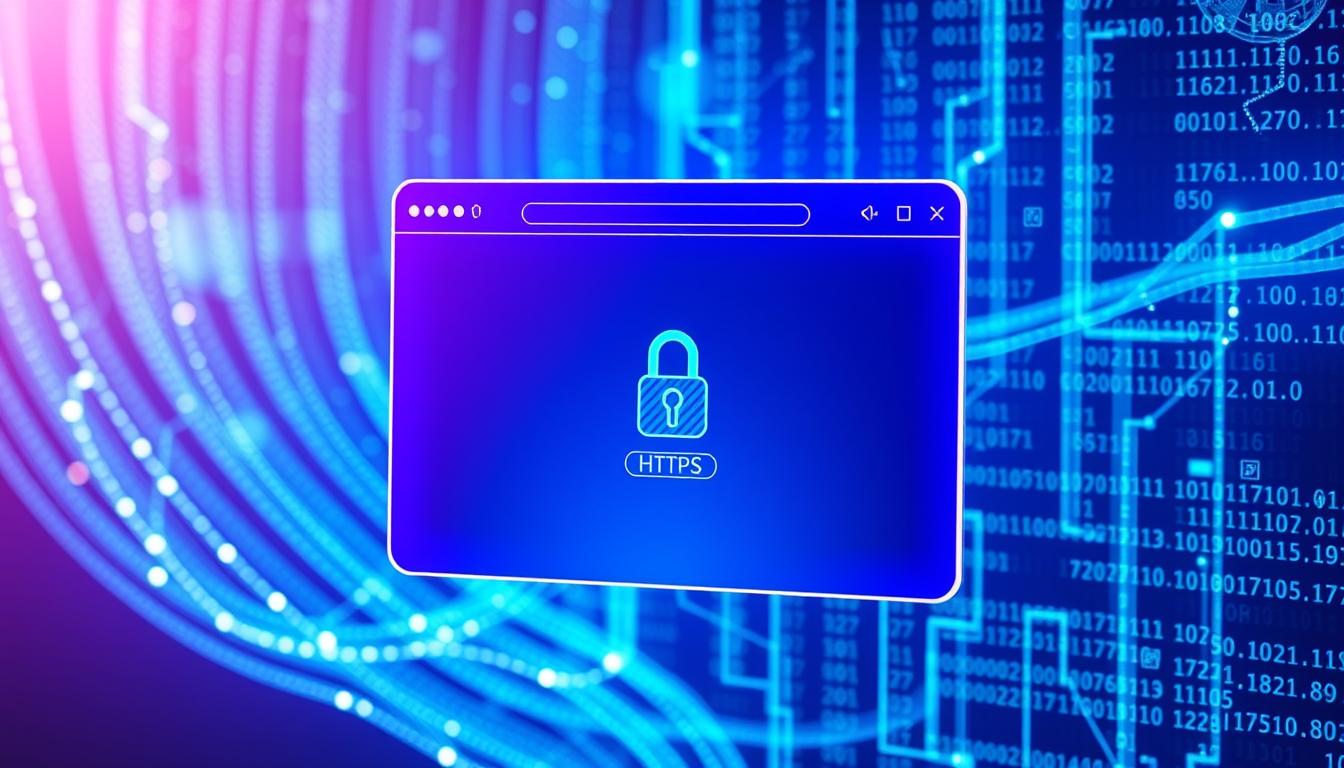In today’s advanced world, each activity you take online can leave a trace. But, keeping your online life private is easier than you think. This guide is for beginners who want to learn about digital privacy. By following simple tips, you can control your online presence and keep your personal data safe.
Keeping your online presence secure is very important. With more threats to privacy, knowing how to protect yourself is key. This guide will share useful tips to keep your data safe from unwanted access. You’ll learn important habits and tools to keep your privacy in the digital world.

Key Takeaways
- Understand the basics of digital privacy.
- Learn key habits for staying private online.
- Use private browsers for safer browsing.
- Manage your digital footprint well.
- Find online protection instruments like VPNs and watchword managers.
Understanding Digital Privacy
In today’s digital world, knowing about digital privacy is key to keeping your personal info safe. Digital privacy lets you control what you share online. Companies utilize treats, web reference points, and social media to gather data. This raises big questions about how your data is used and who sees it.
What is Digital Privacy?
Digital privacy is a basic right that lets you manage your online data. It covers everything from your online activities to social media posts. It gives you the power to choose what you share and with whom. Knowing about digital privacy helps you make safer and smarter choices online.
Why is Digital Privacy Important?
Digital privacy is crucial for many reasons. It keeps your individual data secure from programmers and scammers. It also protects you from advertisers who might feel too intrusive. By understanding digital privacy, you can be more mindful of your online presence and avoid sharing too much.
 How to Stay Private Online for Beginners
How to Stay Private Online for Beginners
Knowing how to stay private online is key in today’s digital world. It’s imperative to get it how to ensure your security online.. This guide will show you how to stay safe and identify privacy threats.
Essential Habits for Online Privacy
Building solid propensities is significant for a secure online experience. Here are some key habits for online privacy:
- Regularly update your passwords to keep them strong and secure.
- Limit personal information shared on social media platforms.
- Choose privacy-friendly apps that protect your data.
- Enable two-factor authentication for extra security.
- Be careful with unknown links and attachments.
Identifying Threats to Your Privacy
It’s important to stay alert to privacy threats. Common dangers include:
- Phishing attacks, which trick you into giving out personal info.
- Data breaches that leak your personal data.
- Tracking technologies that track your online activities without asking.
Knowing around these dangers is pivotal for web safety. Staying vigilant can help you avoid many online dangers.

Using Private Browsers and Encrypted Browsing
Utilizing private web browsers can make your online experience more secure. Browsers like Firefox and Brave block ads and stop tracking. This helps keep your online activities private from advertisers and others.
Benefits of Private Browsers
Private browsers offer many benefits:
- Ad-blocking capabilities that make browsing better.
- Enhanced privacy features that stop tracking.
- User-friendly interfaces that are easy to use and secure.
- Ongoing updates that keep your data safe with new tech.
What is Encrypted Browsing?
Encrypted browsing protects your data online. Once you utilize HTTPS, your information is mixed. This makes it difficult for others to see.
This keeps your online activities safe. It makes sure your browsing is private and secure.

Managing Your Digital Footprint
Your digital footprint is the trail of info you leave online. It incorporates social media posts, browsing history, and more. Knowing about your digital footprint is key to keeping your personal data safe. It can appear as a parcel around you, influencing your security and online image. By managing it well, you can control how you’re seen online.
What is a Digital Footprint?
A computerized impression has two parts: dynamic and passive. Active footprints are data you share on purpose, like social media posts. Passive footprints are data collected without your say-so, like website cookies tracking you. Knowing these helps you manage your online presence better.
How to Limit Your Digital Footprint
To reduce your digital footprint, check your privacy settings on social media. Numerous stages let you control who sees your stuff. Also, delete accounts you don’t use anymore. Here are some tips for better online privacy:
- Regularly update privacy settings on all accounts.
- Delete any accounts you no longer use.
- Avoid sharing sensitive info, even in casual posts.
- Use incognito mode when browsing to collect less data.
Following these steps can help you limit your digital footprint. This way, you can keep your personal info safe from prying eyes.

Online Privacy Tools You Need
In today’s digital world, the right tools are key to keeping your online life safe. Using the right tools can protect your identity and lower the chance of data theft. Three must-haves are VPNs, password managers, and multi-factor authentication.
VPNs: What They Are and Why You Would like One
Virtual Private Networks, or VPNs, are crucial for online safety. They encrypt your internet, making it hard for others to see what you’re doing online. This is super important when using public Wi-Fi, where your data is at risk.
A good VPN also hides your IP address. This gives you more privacy online.
Password Managers for Secure Identity
Password managers are essential for keeping your identity safe. They create and store strong, unique passwords for all your online accounts. This lowers the risk of password hacks.
With a password manager, you don’t have to remember all your passwords. It makes logging in easier and safer across different sites.
Multi-Factor Authentication: Adding an Extra Layer
Multi-factor authentication (MFA) adds a strong layer of security to your online presence. It asks for more than just a password to confirm who you are. This makes it much harder for programmers to urge into your accounts.
Even if someone guesses your password, MFA keeps your info safe. It’s a powerful way to protect yourself from cyber threats.
Practicing Secure Online Habits
Keeping your online activities private is key in today’s world. It’s important to avoid tracking cookies and control app permissions. These steps can make your online time safer and more enjoyable.
Avoiding Tracking Cookies
Tracking cookies track your online actions and can harm your privacy. To stay safe, clear your cookies often and set your browser to block them. Use browsers that focus on privacy to block these cookies and keep your browsing private.
Controlling App Permissions
Smartphone apps inquire for consents to get to your individual data and device features. It’s crucial to manage these permissions to protect your privacy. Check each app’s requests and turn off permissions you don’t need. For example, a game shouldn’t need your contacts or microphone.
Conclusion
Staying private online may be a travel, not a single goal. Digital safety needs constant effort and a proactive mindset. By following the tips in this guide, you can greatly improve your online privacy.
Make using a privacy checklist a part of your daily life. This checklist should include steps like using private browsers and managing your online presence. Tools like VPNs and password managers are also key to keeping your data safe.
Your commitment to protecting your personal data is crucial. Regularly update your privacy practices to stay ahead of new threats. By doing so, you can confidently and securely move through the digital world.



GIPHY App Key not set. Please check settings